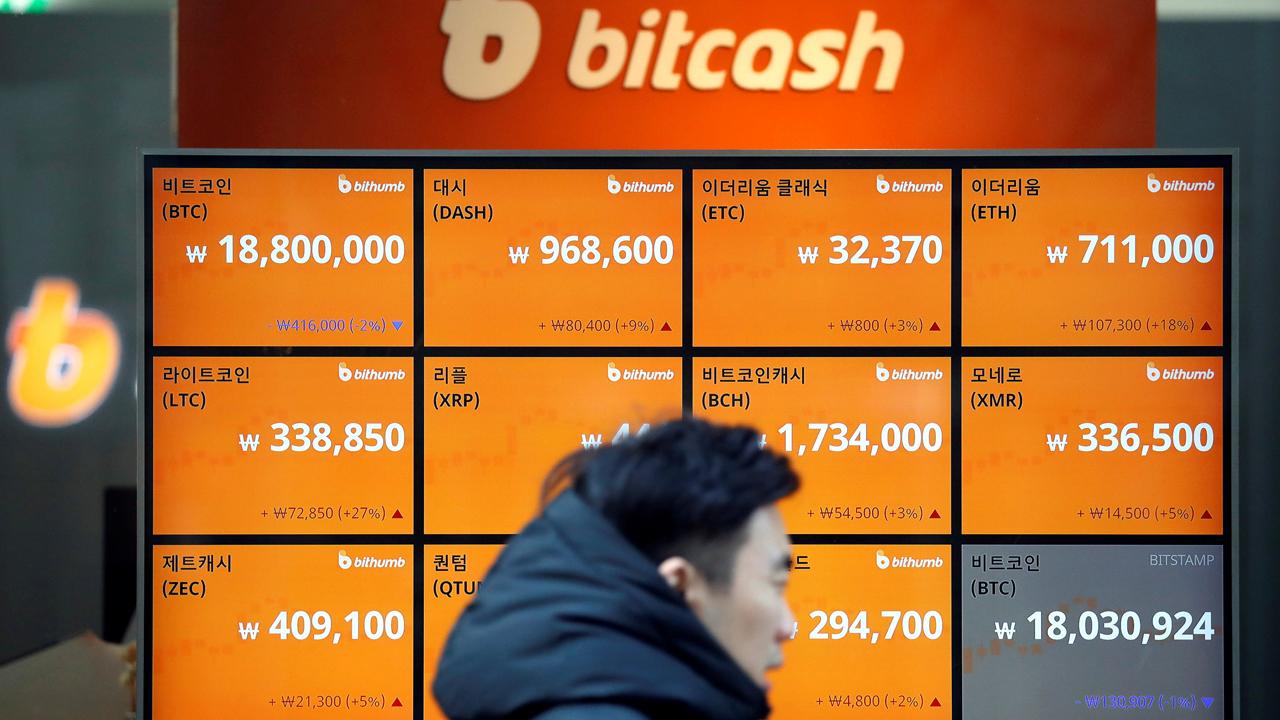Blockchain the key to a cheaper electricity bill?
Blockchain will change the world: Overstock CEO
Overstock.com CEO Patrick Byrne and Peruvian economist Hernando de Soto discuss how blockchain is helping bitcoin change the marketplace.
Blockchain has the capability to make electric grids, which are vulnerable to cyberattacks, safer and could also give consumers more control over where their energy comes from and how much it costs.
Even the harshest bitcoin critics have been supportive of the technology that underlies cryptocurrencies – blockchain technology. Many believe that this technology, which allows peer-to-peer transactions, cutting out the middleman – will completely revolutionize the world.
Many companies, including IBM and JPMorgan Chase are actively researching blockchain and its potential applications. A big focus has been on using blockchain in the financial world, but there is another potential use: the energy industry.
"Blockchain, and its peer-to-peer transactions could revolutionize the energy industry, transforming it into a demand-based model where consumers could choose the type of energy they would like, based on source or cost," Tony Giroti, the chairman of Energy Blockchain Consortium, told FOX Business.
Right now, when it comes to where energy comes from and for what cost, a consumer has limited control. Blockchain will put the energy consumer into the driver’s seat. Those who are concerned about the environment can choose to purchase more renewable energy. Those who are more cost focused can choose the lowest cost energy, for example.
Blockchain could also be used to make electric bills more affordable. When it comes to renewable energy, prices are being driven up by the high costs of transactions in the Renewable Energy Certificate (REC) market.
"Through blockchain, cost can be reduced – for example, the REC market – the transaction cost is huge – blockchain would make it more affordable and efficient and, in turn consumers would benefit, Giroti added.
There is another great application for blockchain and that is improving the security of the grid. Electric grids are a huge national security risk, and there have been plenty of attacks on grids, including in Ireland last August.
Blockchain could make the grid more secure. The U.S. grid is vulnerable for a cyberattack – due to the fact that now we have many people tapping into it, at its periphery, this gives a point of entrance for potential cyberattacks, Giroti said. Blockchain could seal these periphery entrances into the grid, which is vulnerable to hacking, while at the same time making the entire grid more secure.
Right now, The Energy Blockchain Consortium, a non-profit group of blockchain and energy industry experts, is looking at the potential applications of blockchain within the energy ecosystem.




















